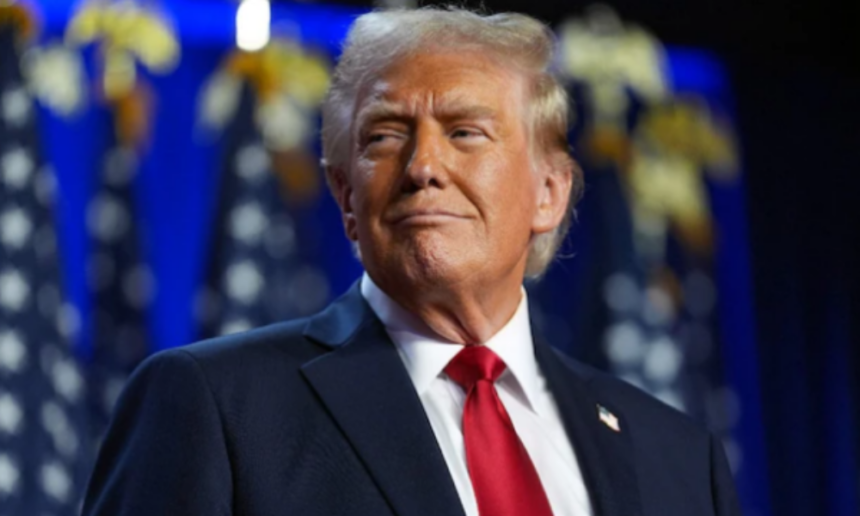In a bold move, U.S. President-elect Donald Trump announced plans to impose significant tariffs on Mexico, Canada, and China. The tariffs, set to take effect on his first day in office, are aimed at addressing the ongoing issues of illegal immigration and the trade of illicit drugs into the United States.
Trump stated that on January 20th, his first day in office, he would sign the necessary executive orders to implement a 25% tariff on all products imported from Mexico and Canada. This move, he explained on Truth Social, would remain in effect until both countries halt the flow of illegal immigrants and drugs, particularly fentanyl, into the U.S.
Key Points:
- 25% Tariff on all goods from Mexico and Canada starting January 20, 2025.
- Additional 10% Tariff on goods from China.
- Tariffs to remain in place until action is taken to curb illegal immigration and the trafficking of drugs.
- China accused of insufficient efforts to stop drug trade through the Mexican border.
Trump’s Trade Strategy:
In his post, Trump also criticized China for not doing enough to prevent the flow of illegal drugs into the U.S., particularly fentanyl, which has been a significant contributor to the opioid crisis in America. He further announced that his administration would impose a 10% tariff on all Chinese products, with the tariff remaining until China takes more substantial action to stop the illegal drug trade.
Trump’s aggressive stance on trade and foreign policy includes a promise to remove China’s Most Favored Nation (MFN) status, which would significantly raise tariffs on Chinese imports. He has also pledged to impose tariffs up to 60% on Chinese imports—a drastic increase from what was seen during his previous presidency.
Economic Impact:
The announcement had an immediate effect on global markets. The Mexican Peso dropped by more than 2% against the U.S. Dollar after Trump’s tariff statement was published. Additionally, concerns over the Chinese economy have grown due to real estate declines, public debt risks, and weakened consumer demand. These factors could make it more challenging for China to absorb further trade restrictions from the U.S.
Will These Tariffs Succeed in Tackling the Issues?
While Trump’s tariffs are likely to have an immediate economic impact, experts warn that their effectiveness in curbing illegal immigration and the drug trade remains uncertain. Critics argue that such measures could worsen relations between the U.S. and its neighboring countries, potentially leading to trade wars that could have far-reaching consequences for the global economy.







